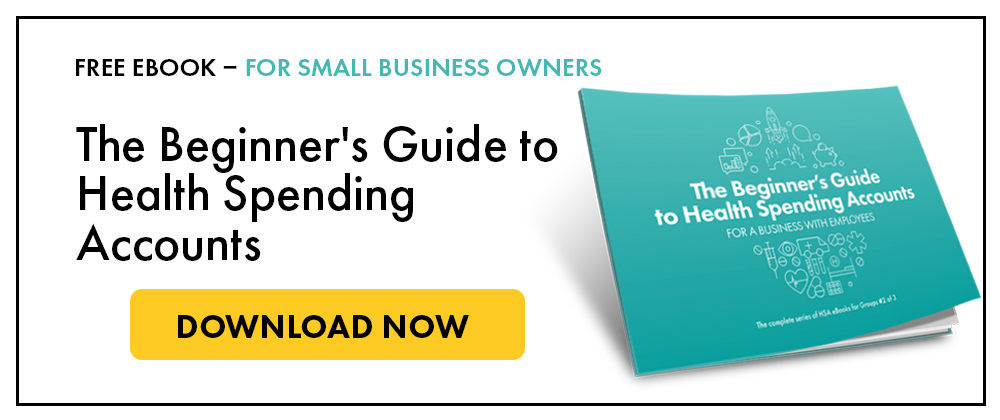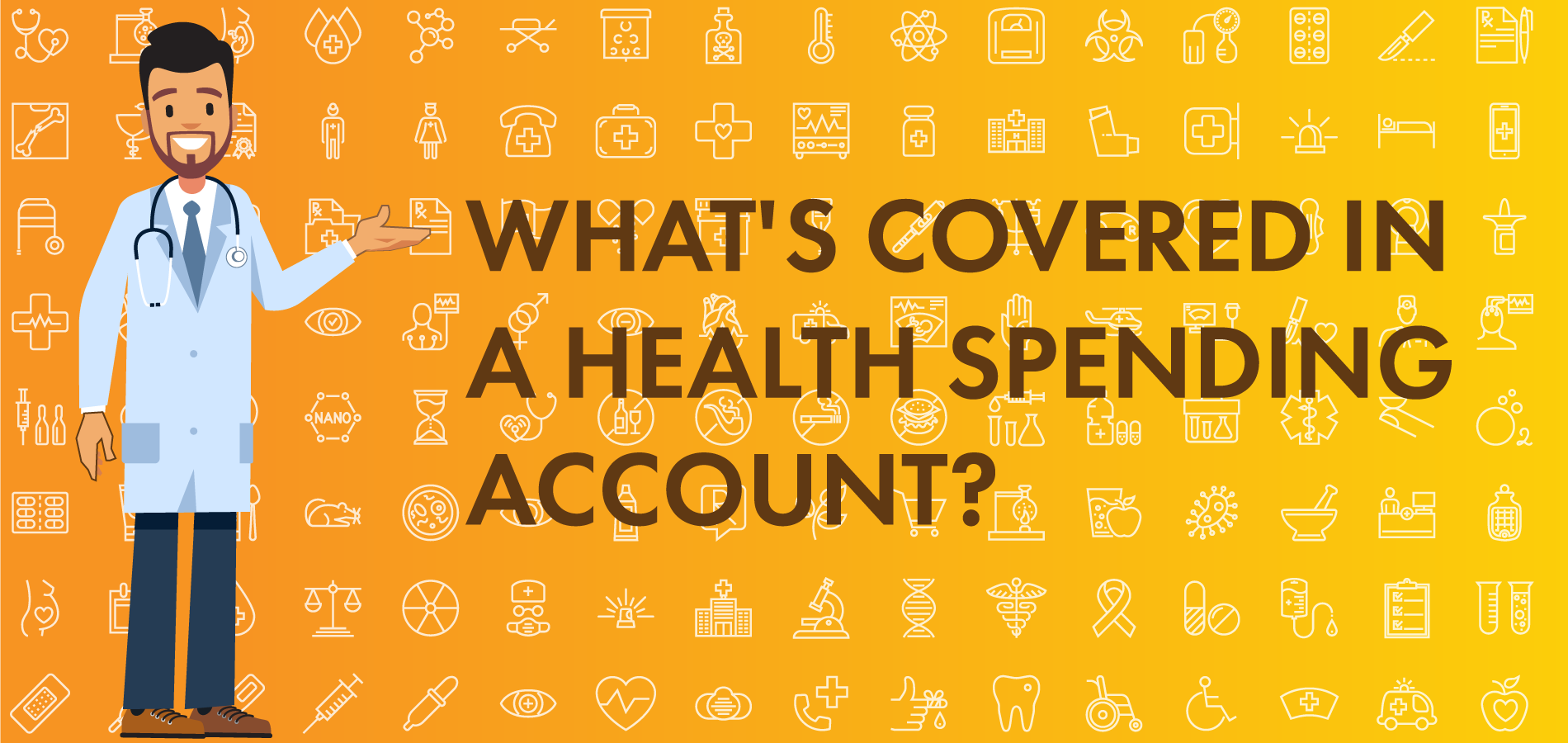Employers can get confused about employee benefits vs independent contractors. Hopefully, this clears some things up:
What are benefits?
A quick Google search defines a benefit as “an advantage or profit gained from something”. Benefits do not have to be measured in terms of their value in money or currency. They can be measured in other terms such as the joy the person derives from the benefit provided. Employee benefits can be all of these things and more. Traditional health and dental benefits are measured in monetary terms. They are most often an arrangement between an employer and an employee and are in addition to salary and wages. In Canada, a health and dental benefits plan can be paid from an employer to an employee tax-free. The prerequisite is that the benefit must be to an employee. This is a special arrangement that’s permitted under the Canada income tax act.
What is an employee?
An employee is a person who works for someone else and provides labor or services. They are typically hired to work for a specified period of time or permanently. The employer is required to withhold all required payroll taxes and remits these on behalf of the employee. Each year the employer provides a record of employee income and taxes paid - which is called a T4 slip.
What is a contractor?
A contractor is a person or persons hired to provide a specific service or supply. The service or supply can be a one time event or an ongoing contract for service.
How are contractors different from employees?
A business might hire a consultant to provide guidance and direction for a specific business development project. A business might arrange a contract for service with an offsite professional call centre to manage customer service calls. A business needs intermittent services from a professional interior decorator brought in on contract to maintain the image that’s to be portrayed to the public. In each of the above examples, the contractor is responsible for their own tools, supplies, computers, employees and subcontractors and whatever else they require to do the work. The contractor is paid for the service or work provided and is responsible for their own taxes and expenses related to their business and the services, work or labor supplied. They may have one contract or many contracts for the work, labor or service they provide. The contractor is assumes all risks associated with their business activities and owns any profit made.
An employee works for one employer and is hired to perform the service as an employee. They are not required to pay any costs associated with the work or service they provide. All payroll taxes are withheld and remitted by the employer. The employee does not share in the risk of business losses and expenses and any profit earned by their employ accrues to the benefit of employer.
Can I provide benefits to a contractor?
You can provide any benefit you deem appropriate to a contractor. The lesser understood part of benefits relates to tax-free health and dental benefits. When set up correctly, health and dental benefits flow tax-free from an employer to an employee. The key is the person must be an employee. Tax free health and dental benefits are restricted to this specific employee / employer relationship. If the person receives a T4 they are an employee and with a correctly set up health and dental plan, can receive the benefits tax-free. If the person is an independent contractor, there is no employer / employee relationship. Tax free employee health and dental benefits cannot flow to a contractor - they are not an employee. If the contractor were to be included on the employer health and dental plan, they could expect to be deemed an employee by CRA and taxed accordingly. This is an area and arrangement that employers and contractors should be careful to avoid.
Do I have to provide benefits to a contractor?
There’s no requirement to provide benefits to any contractor or to employees. Providing benefits is a voluntary employer decision. However, competitive pressures from employers competing for employees and contractors in a tight labor market, may make it difficult or impossible for an employer to hire if they don’t offer some sort of benefit in addition to pay.
How can I provide benefits?
There are creative ways to provide benefits to employees and contractors that include tax-free health and dental. For employees, a simple Health Spending Account (HSA) is the most effective plan type. An HSA puts the control and ability to direct benefits in the hands of the employee. For contractors, monetary benefits can be paid in lieu of a tax-free health and dental plan. By being creative, the business hiring the contractor can reimburse the contractor up to a predetermined amount. The contractor can set up and make use of a Health Spending Account (HSA) within their own corporation. The business can include the cost of the plan in the arrangement with the contractor.
Continue your research on a Health Spending Account:







